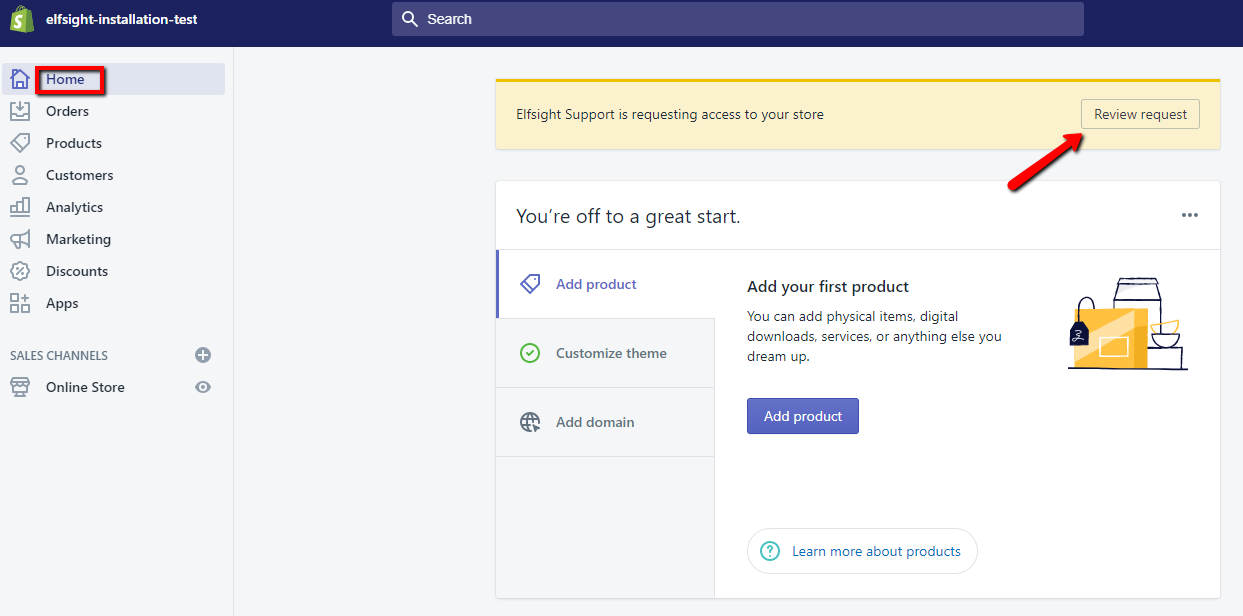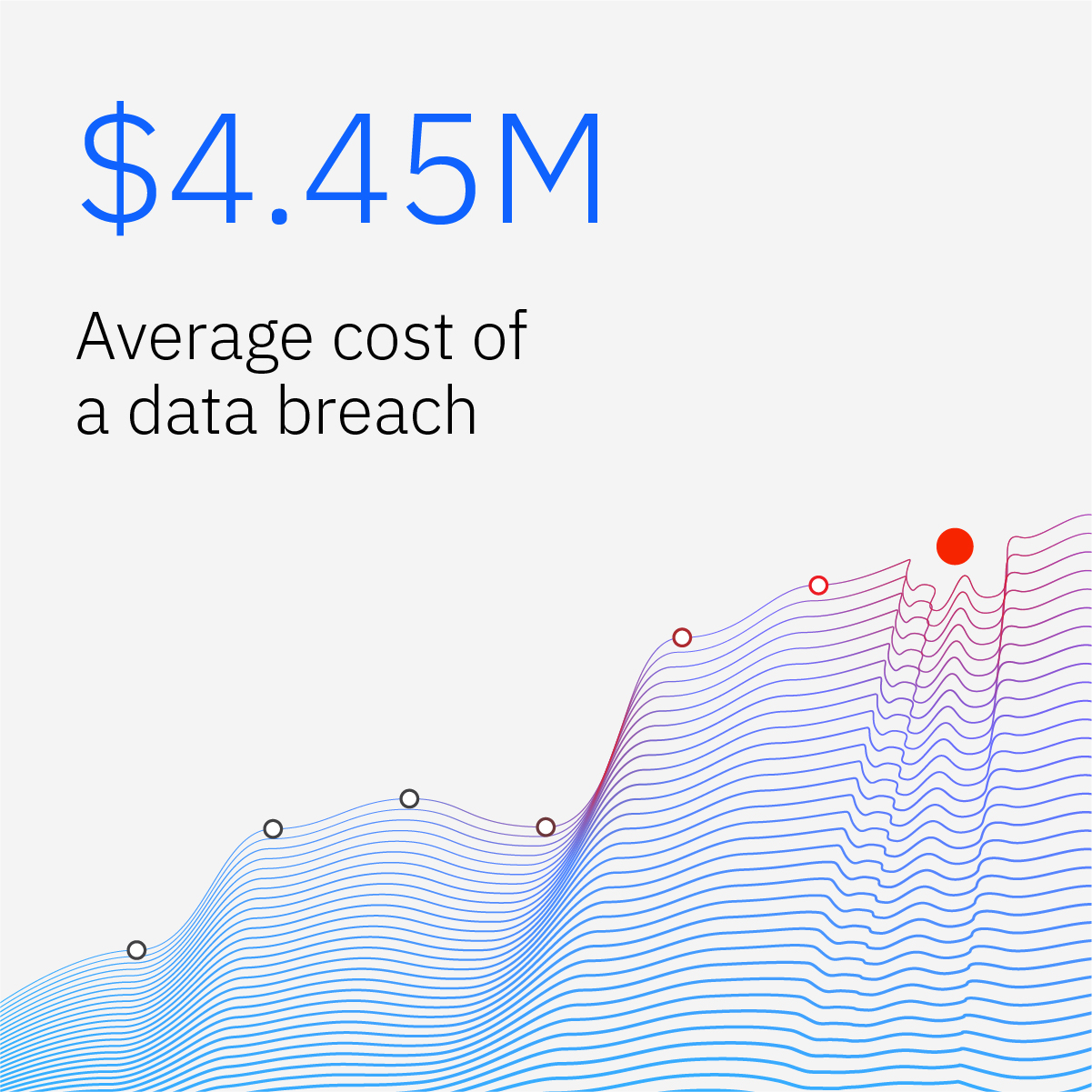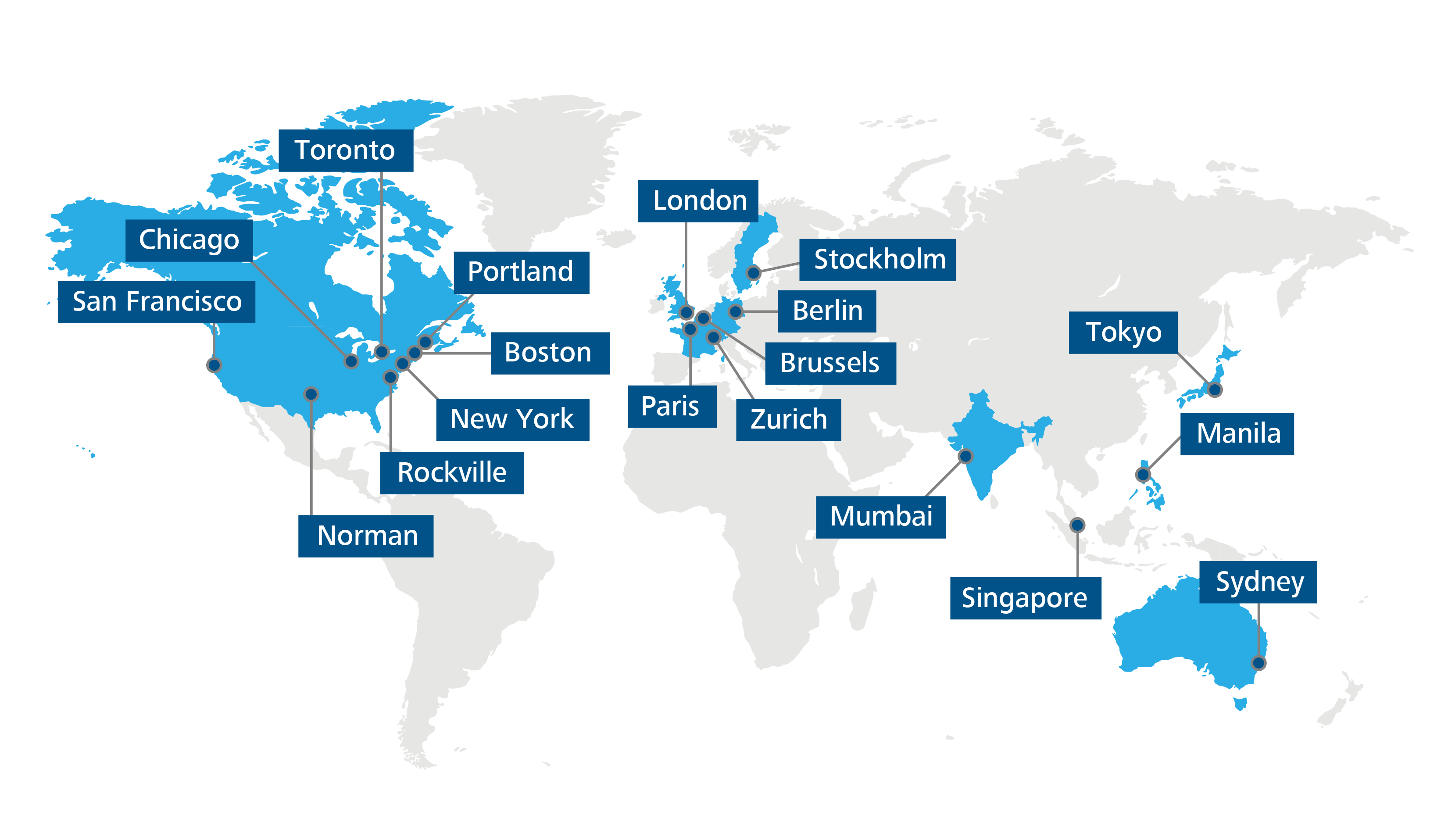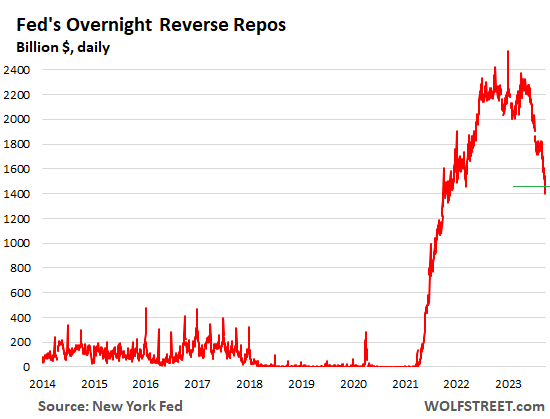Post-Opt-Out: Examining Google's Access To Your Website Data For AI

Table of Contents
The Opt-Out Process: What Does it Actually Mean?
Google offers several mechanisms to opt out of having your website data used for AI model training. However, understanding the nuances of these options is crucial. While you can restrict the use of your data for specific AI applications, this doesn't equate to a complete removal from Google's data ecosystem.
- Limited Opt-Out Options: The available options often focus on preventing the use of your data for specific AI training, not all data usage by Google. This leaves ambiguity regarding the extent of data retention.
- Data Still Collected: Even after opting out, Google may still collect publicly available data from your website. This includes information readily accessible through search engine results, like your website's content, structure, and publicly displayed metadata. Anonymized data, where personally identifiable information is removed, might also be retained and utilized.
- Limitations of Opt-Out:
- Google retains access to data used for core service functionality, such as search indexing.
- Data used for aggregate analysis or general AI improvement may remain accessible.
- Data shared publicly through APIs or other integrations might still be utilized by Google.
- Transparency Issues: The complexity of Google's opt-out procedures and the lack of absolute clarity regarding the data still collected leaves room for improvement in terms of transparency.
Google's Continued Data Usage for AI Improvement Post-Opt-Out
Even after opting out, Google continues to use certain website data to improve its AI algorithms and overall service quality. This data helps Google refine search results, enhance its understanding of language, and develop more effective AI models.
- Ethical Implications: The ethical implications of continued data use, even after opting out, require careful consideration. While Google argues this is necessary for improving its services, the balance between user privacy and service improvement remains a complex debate.
- Data Still Utilized: Google might still utilize:
- Public website information (content, structure, metadata).
- Aggregated, anonymized data related to website performance and user interactions.
- Structural data from your site's schema markup to improve search understanding.
- Benefits and Drawbacks: Allowing limited data use post-opt-out might contribute to improved search results and AI advancements. However, the potential for privacy violations and lack of transparency remain significant drawbacks.
Protecting Your Website Data: Best Practices Beyond Opting Out
Opting out is a good first step, but it's not a foolproof solution. Website owners should implement additional data protection measures to enhance their privacy.
- Privacy-Focused Plugins: Utilize plugins designed to limit data tracking and enhance website privacy.
- Stricter Data Handling Policies: Implement clear policies outlining how your website handles and protects user data.
- Alternative Analytics Platforms: Explore privacy-centric analytics platforms that offer robust features without compromising user data.
- Technical Measures:
- Regularly review and update website security protocols.
- Implement HTTPS encryption to secure data transmission.
- Use strong passwords and two-factor authentication.
- Data Anonymization Techniques: Employ techniques to effectively anonymize data before sharing it or making it publicly accessible.
The Legal Landscape: Understanding Your Rights Regarding Data Collection
Navigating the legal landscape of data collection and privacy is crucial. Regulations like GDPR (General Data Protection Regulation) and CCPA (California Consumer Privacy Act) grant individuals certain rights regarding their data.
- Relevant Regulations: Understand how regulations like GDPR, CCPA, and other regional privacy laws affect Google's data practices and your rights as a website owner.
- Website Owner's Rights: You have the right to access, correct, and delete your personal data. You also have the right to object to certain data processing activities.
- Legal Recourse: If you believe Google's data practices violate your rights, explore legal avenues for recourse, including submitting complaints to data protection authorities.
- Legal Precedents: Stay informed about relevant legal precedents and ongoing discussions regarding data privacy and AI.
Conclusion: Taking Control of Your Website Data Post-Opt-Out
Understanding Google's access to your website data post-opt-out is crucial for maintaining online privacy. While opting out offers a degree of control, it's not a complete solution. To effectively manage your website data post-opt-out, and control Google's access to your website data for AI, proactive data protection measures are essential. Implement the best practices outlined above, regularly review Google's data policies, and consider alternative analytics solutions to regain control over your online privacy. By taking these steps, you can significantly enhance your website's data security and safeguard your online presence. Don't wait; start implementing your post-opt-out data protection strategies today.

Featured Posts
-
 Formula 1s Ubiquity How Stefano Domenicalis Leadership Drives The Sports Popularity
May 05, 2025
Formula 1s Ubiquity How Stefano Domenicalis Leadership Drives The Sports Popularity
May 05, 2025 -
 How Middle Managers Drive Company Productivity And Employee Engagement
May 05, 2025
How Middle Managers Drive Company Productivity And Employee Engagement
May 05, 2025 -
 Nicolai Tangen And The Impact Of Trumps Tariffs On Global Investment
May 05, 2025
Nicolai Tangen And The Impact Of Trumps Tariffs On Global Investment
May 05, 2025 -
 Millions In Losses Fbi Probes Executive Office365 Data Breach
May 05, 2025
Millions In Losses Fbi Probes Executive Office365 Data Breach
May 05, 2025 -
 Discover The Countrys Top Business Locations A Detailed Guide
May 05, 2025
Discover The Countrys Top Business Locations A Detailed Guide
May 05, 2025
Latest Posts
-
 Uk Economy Carneys Plan For A Generational Restructuring
May 05, 2025
Uk Economy Carneys Plan For A Generational Restructuring
May 05, 2025 -
 Mark Carneys White House Meeting With Trump What To Expect
May 05, 2025
Mark Carneys White House Meeting With Trump What To Expect
May 05, 2025 -
 First Press Conference Carneys Vision For Economic Transformation
May 05, 2025
First Press Conference Carneys Vision For Economic Transformation
May 05, 2025 -
 Gold Price Dips First Consecutive Weekly Losses Of 2025
May 05, 2025
Gold Price Dips First Consecutive Weekly Losses Of 2025
May 05, 2025 -
 Aritzia And The Trump Tariffs How The Brand Is Adapting
May 05, 2025
Aritzia And The Trump Tariffs How The Brand Is Adapting
May 05, 2025
